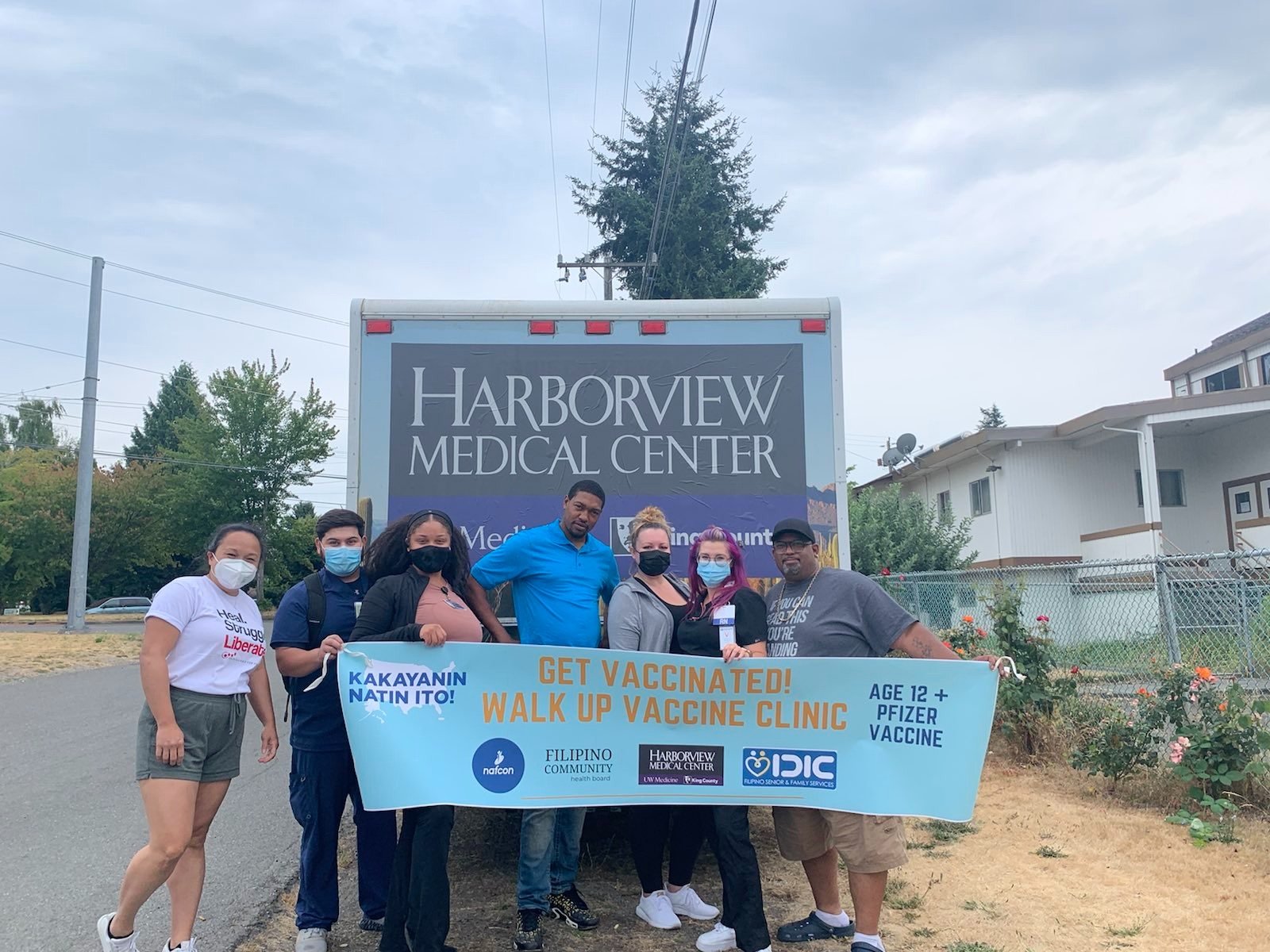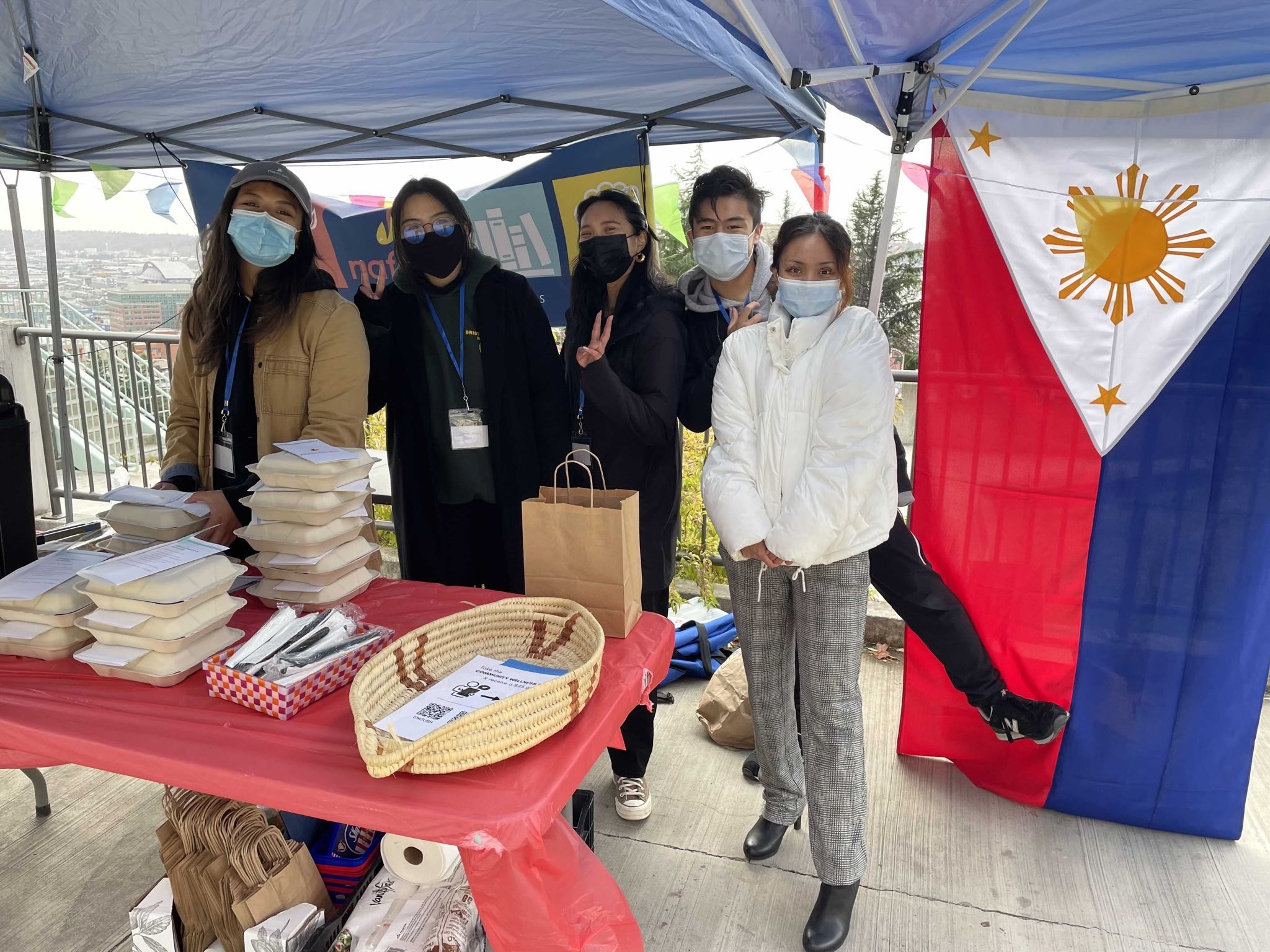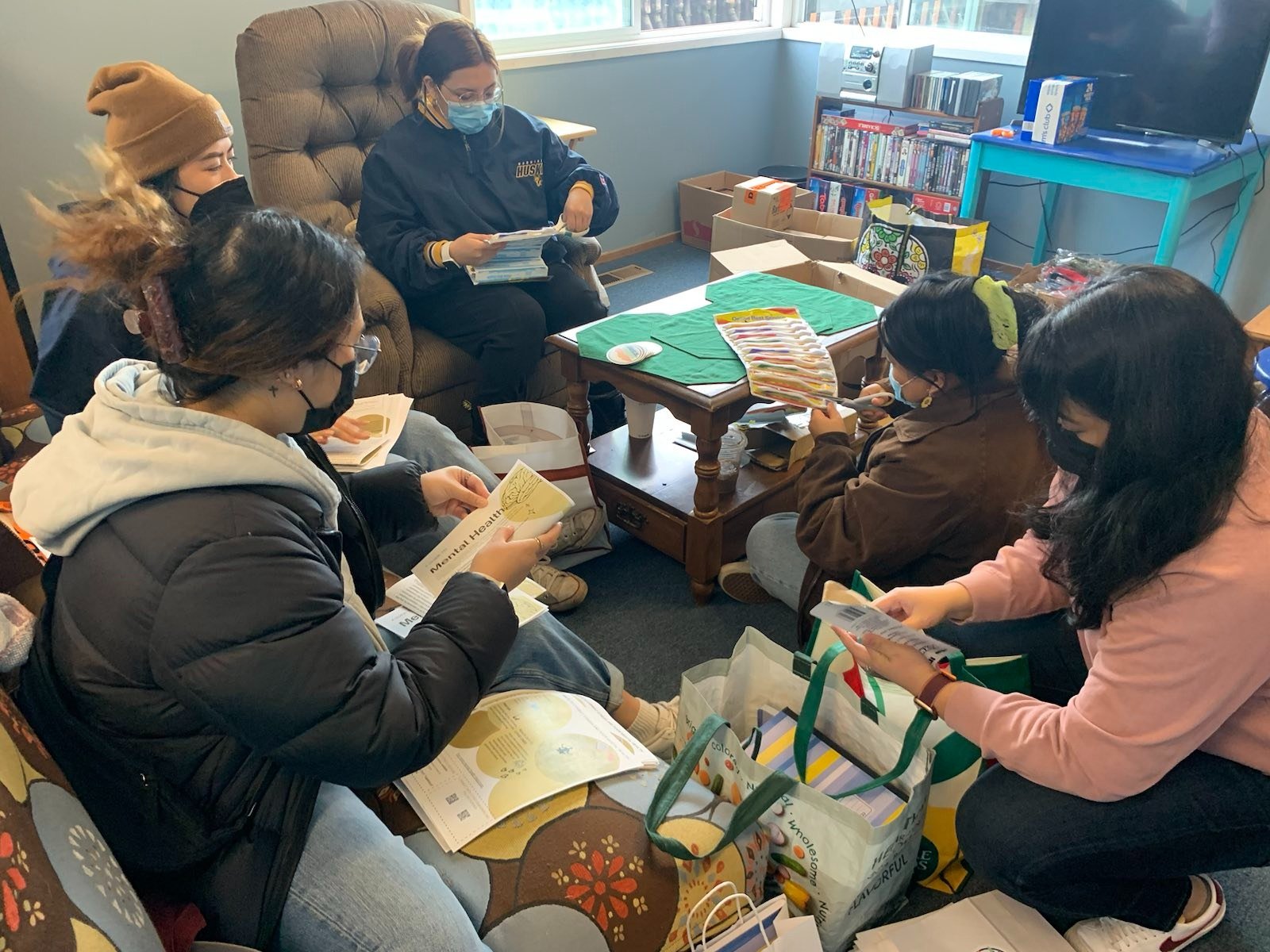Our History
In 2019, Pacific Northwest members of the National Alliance for Filipino Concerns (NAFCON) launched a Filipino health and wellness initiative to address social determinants of health, racial justice, and health equity. Investigating locally how to garner more support for the Filipino Health and Wellness Initiative, Evalynn Romano (UW MSW/PH student at the time) and Jenilee Policarpio (part of the local NAFCON PNW organizing committee) started attending the Community Health Board Coalition meetings together, to explore if there was basis to form a Filipino Health Board to carry out and sustain the Filipino health and wellness initiative. Evalynn and Dr. Therry Eparwa (SU College of Nursing professor) had both been attending the Community Health Board Coalition (CHBC) meetings in different capacities prior to the development of the Filipino health and wellness initiative and were pivotal in the early stages of the development of the FCHB.
When the pandemic was declared in March 2020, NAFCON launched the Bayanihan Response to COVID-19 to respond to the immediate health needs impacting the Filipino community. Through the Bayanihan Response, NAFCON partnered with community organizations to address gaps in access to basic health needs that the COVID-19 exposed even more. With the encouragement of the CHBC, the Filipino community health board was officially recognized as a health board within the coalition. Composed of 3 members (Therry, Evalynn, and Jenilee) at the time, FCHB continued to work with local organizations to address community impacts from COVID-19. In May 2020, we recruited a fourth member, Nadine Guyo, nursing student at the time, and began to strategize how to positively impact our Filipino community.
Bayanihan Wellness Survey
Even as a young and new organization, the FCHB wanted to set long-term commitments for the community, informed by the community they serve. Developed by FCHB members and with the help of NAFCON volunteers and Seattle University nursing interns, the Bayanihan Wellness Survey was launched to better understand the health concerns during the COVID-19 pandemic. This survey would also help inform what programs and services to focus on as a health board.







